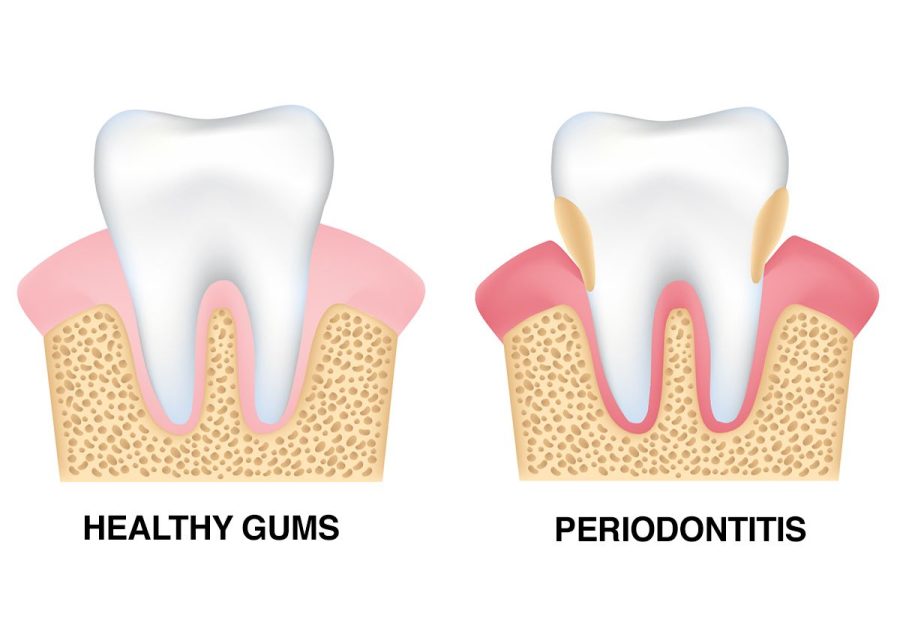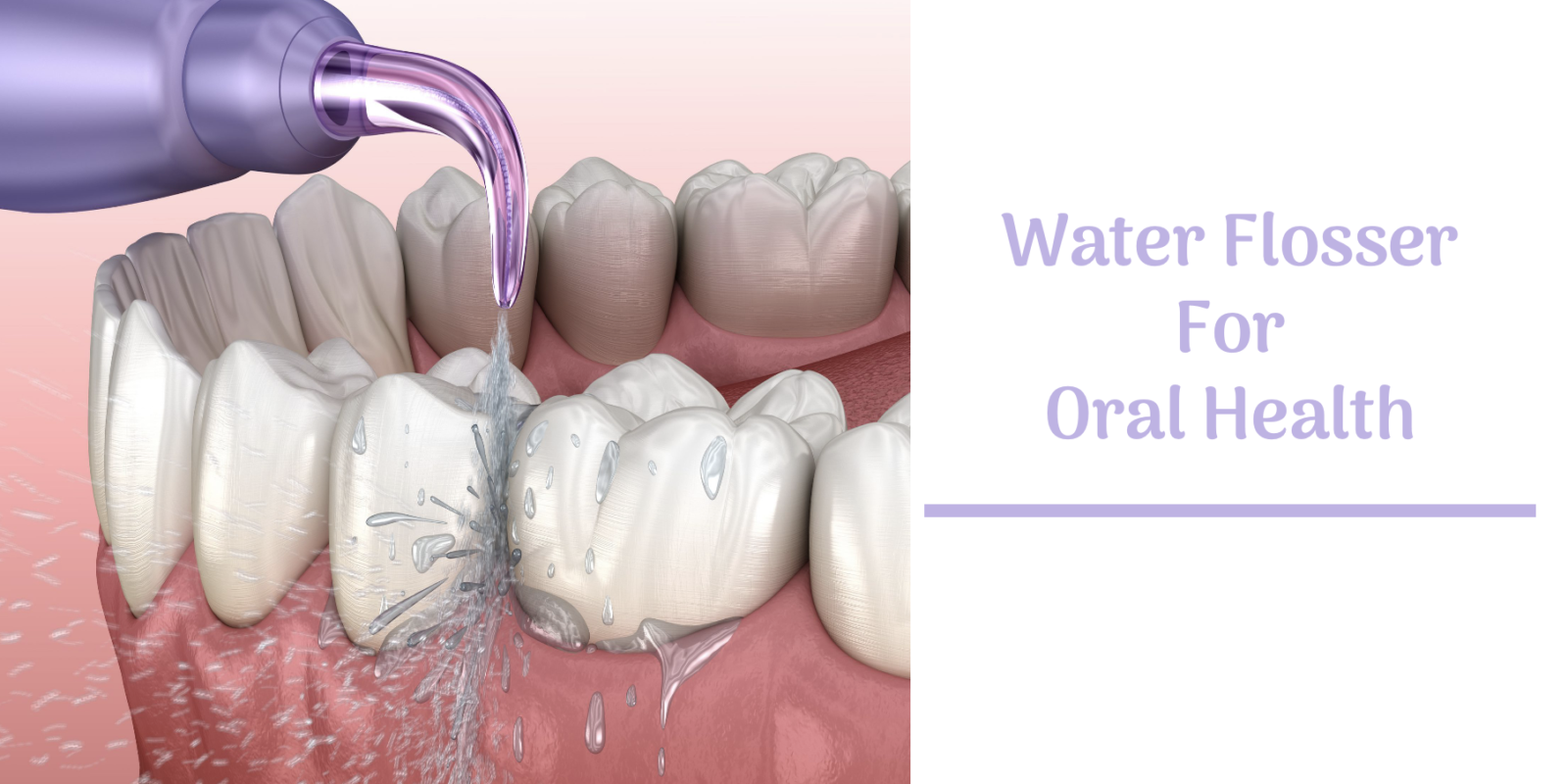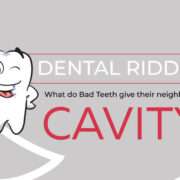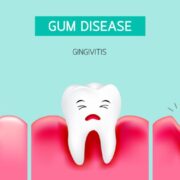Water flossing, also known as water fluoridation, is an oral hygiene technique that involves spraying water directly onto the surface of the teeth to remove plaque and debris. Water flossing is a beneficial supplementary technique for people with periodontal disease or those who are at risk of developing it. The combination of water flossing and brushing your teeth twice a day is more effective than brushing alone. However, some skeptics believe that water flosser is unnecessary because regular brushing alone removes bacteria-laden plaque from our teeth. However, these statements are partially incorrect. Let’s explore why this is the case and find out if there is any truth behind the claims made about water flossing and periodontal disease.
What is Water Flossing?
Water flossing is an oral hygiene technique in which a jet of water is used to flush away food debris and plaque from between teeth and below the gum line. There are many different methods of water flossing, but they all involve a pressurised stream of water that is ejected from a special mouthwash-proof flossing head.

The most common type of water flosser, as shown in the image above, is equipped with a replaceable flossing head. The flossing head is usually about 9 inches long and has a handle that you can use to control the water pressure and position. You can also buy a countertop water flosser that comes with a larger and more powerful flossing head.
Does Water Flossing help in Periodontal Disease?
Water flossing is beneficial for people with periodontal disease because it cleans below the gum line where normal brushing cannot reach. The water pressure and wide spray of water removes bacteria, food debris, and plaque. Which are the main causes of gum disease. The water pressure dislodges the bacteria-laden plaque below the gum line and washes it away from the teeth and gums.

It also removes the sticky substance called plaque. Which builds up below your gum line and can cause periodontal disease if left untreated. Water flossing has also been shown in studies to reduce the number of bacteria in the saliva of people with and without periodontal disease. This means that water flossing can help prevent people from developing gum disease. As well as improving the overall health of people with periodontal disease. Waterpik® Water Flosser is clinically proven to remove plaque.
Water Flossing Oral Health | Periodontal Disease
One of the most common oral hygiene practices is using a fluoride toothpaste. Fluoride toothpaste can reduce the risk of developing cavities, but it is less effective against gum disease. Although brushing with a fluoride toothpaste twice a day is sufficient for maintaining oral health, water flossing is a useful supplementary method. Water flossing can reach areas that brushing alone cannot, such as the areas below the gum line. There are many oral hygiene products on the market that can be used in conjunction with brushing.

While flossing is a great supplementary oral hygiene technique, it is not necessary for everyone. People with braces or dental implants will have trouble flossing because their teeth are too close together. In these cases, an interdental brush is a better option. People with very tight teeth or who have had dental work done may also not be able to floss properly. In which case an alternative technique should be used. A dental hygienist can provide advice on the best oral hygiene practices for your specific situation.
Is Water Flossing bad for your teeth?
Many people believe that water flossing is harmful to teeth and gums, but studies show that this is not the case. In fact, water flossing can actually help improve the health of your gums, as the water pressure is strong enough to remove plaque and bacteria below the gum line. One of the most common concerns about water flossing is that it might cause gingivitis or other forms of periodontal disease. Studies show that people with gum disease who water floss experience the same reduction in bacterial levels in their saliva as people without gum disease.
This suggests that water flossing is safe for people with gum disease. Most people experience no adverse effects from regular water flossing. However, water flossing can cause minor irritation in some cases, such as when individuals use too much force when flossing. If water flossing causes pain or bleeding. IT is important to stop flossing and consult a dental hygiene professional for advice. Waterpik® Water Flosser is clinically proven to remove plaque.
The Bottom Line | Periodontal Disease
Water flossing is a safe and effective way to clean teeth and gums. It is particularly useful for people with periodontal disease or other forms of gum disease, as it can reach areas that other techniques cannot. While water flossing can be harmful for people with braces or dental implants. It is a great option for most other people. While water flossing may cause minor irritation in some cases, studies show that it is safe for people overall.






